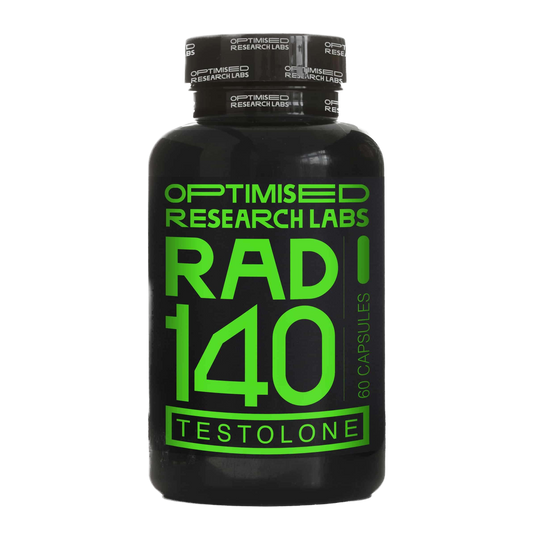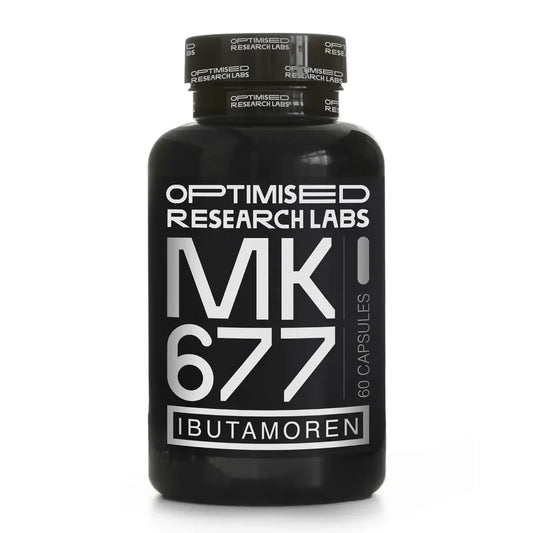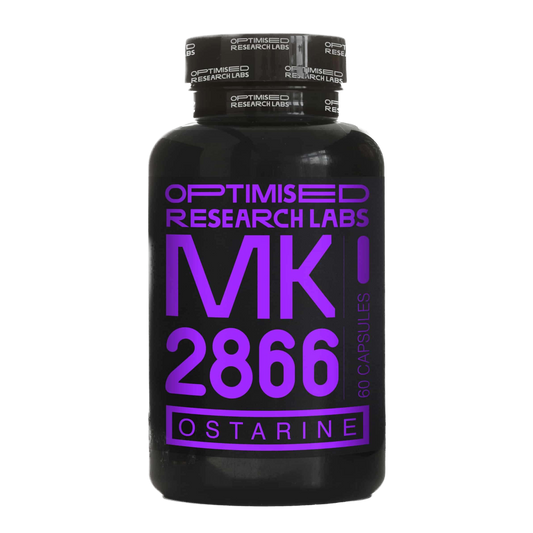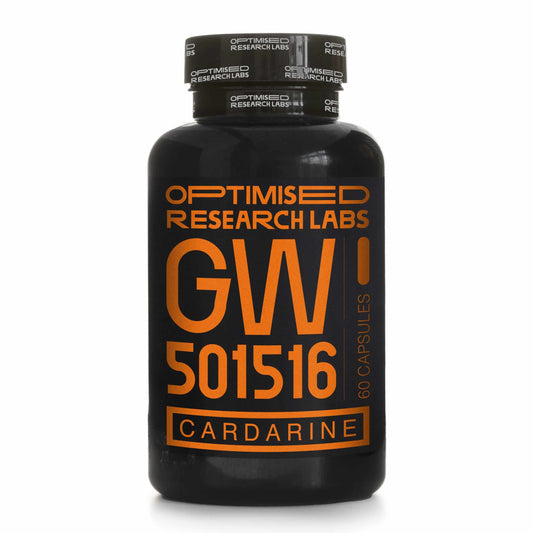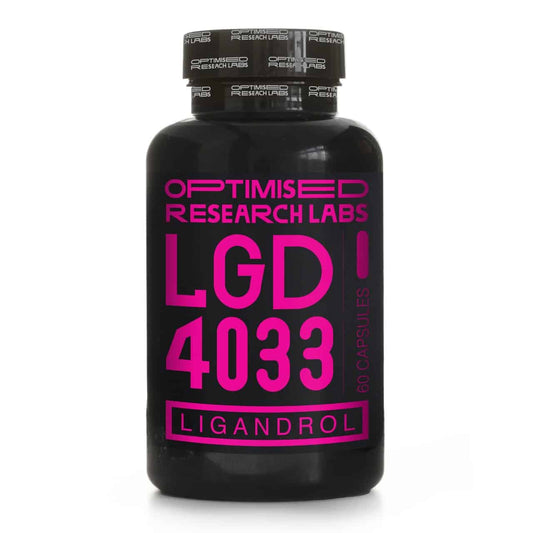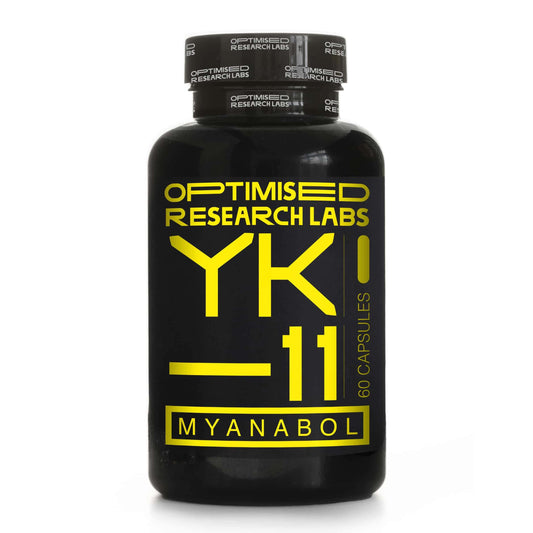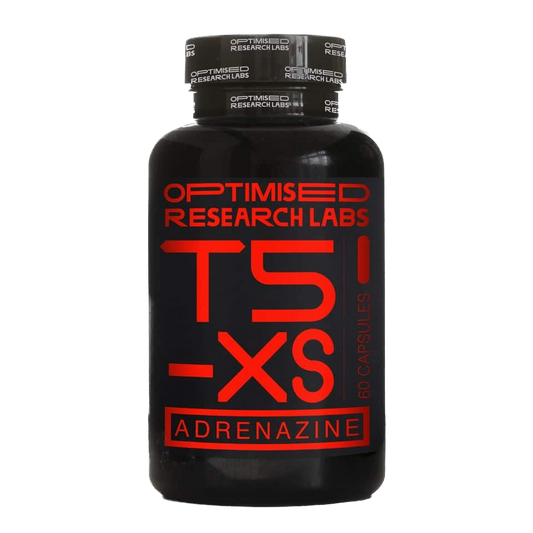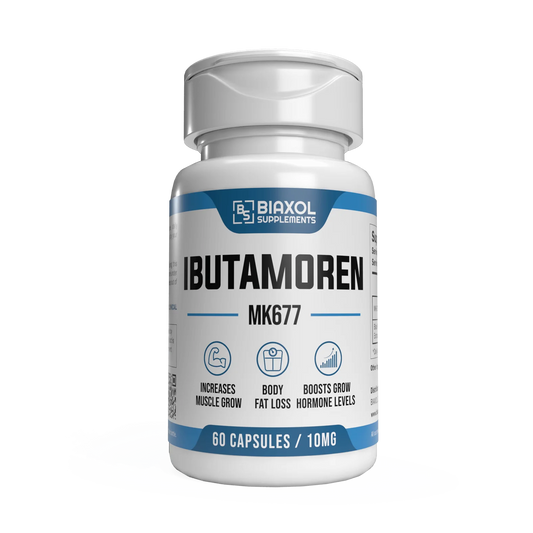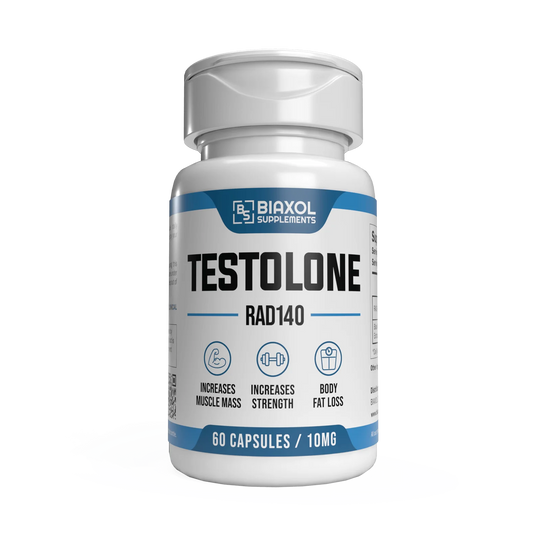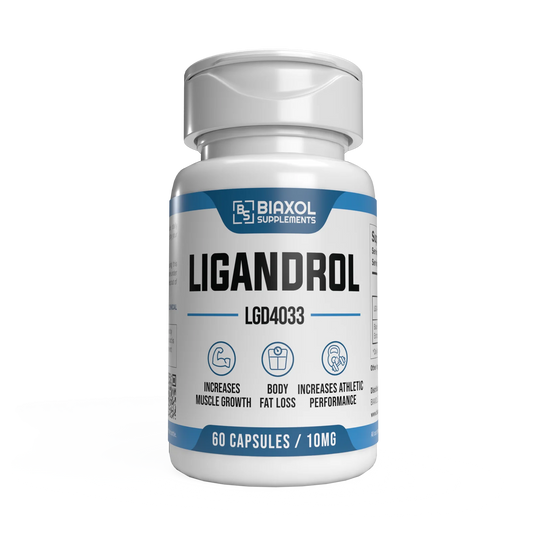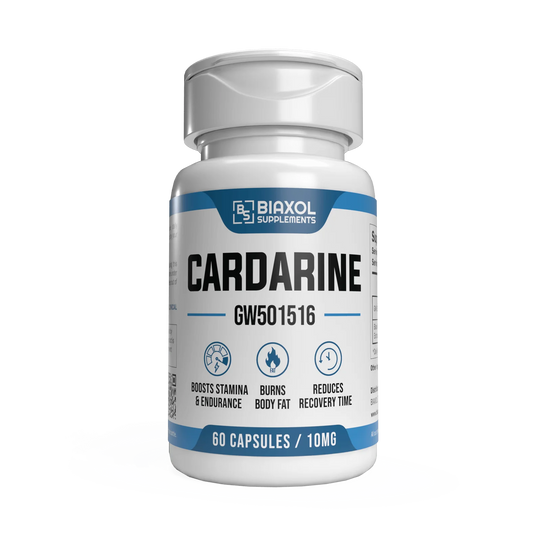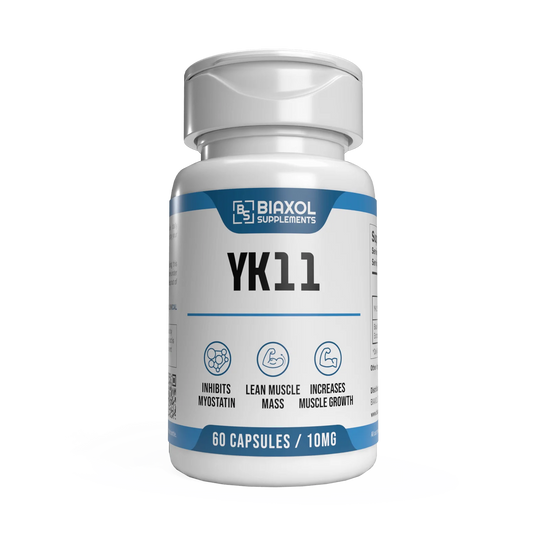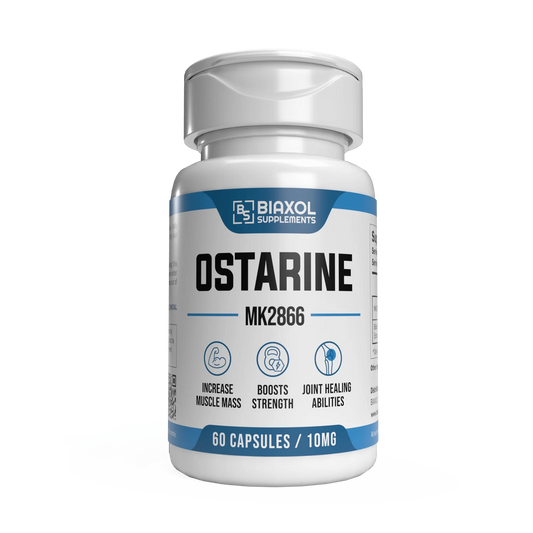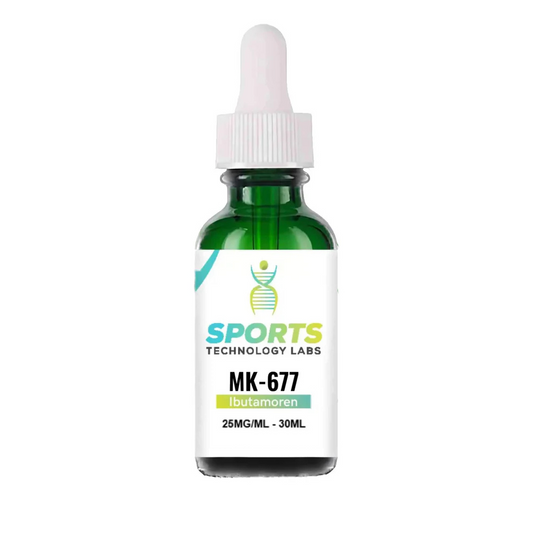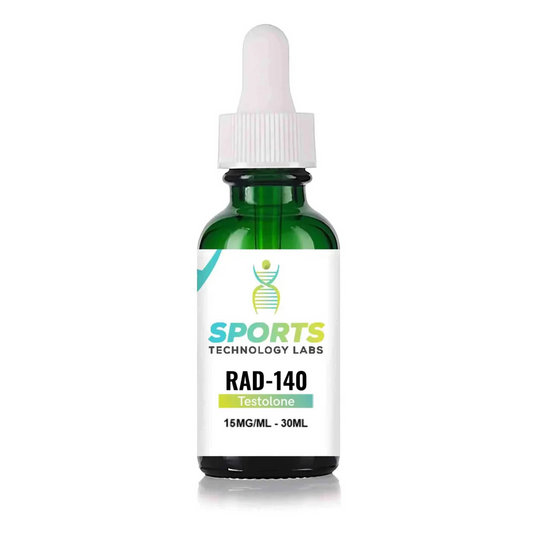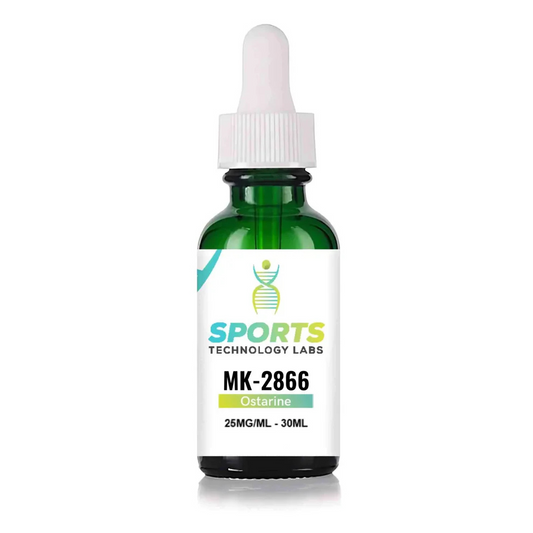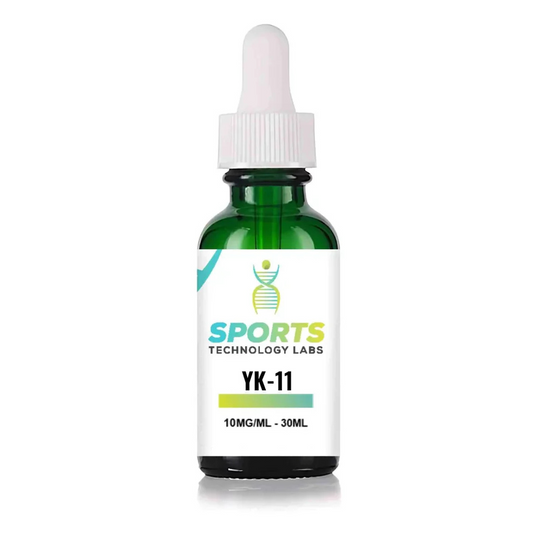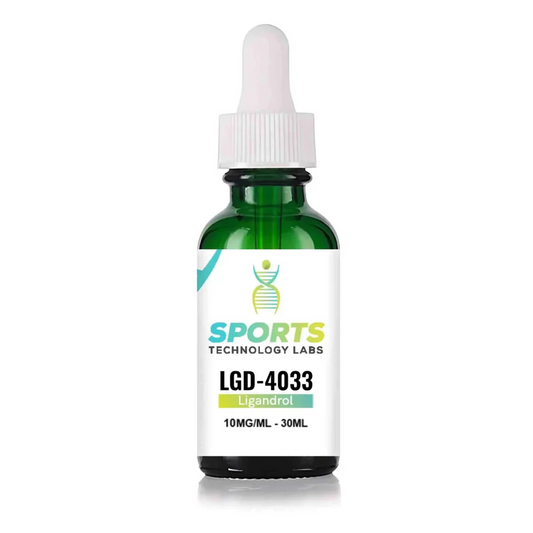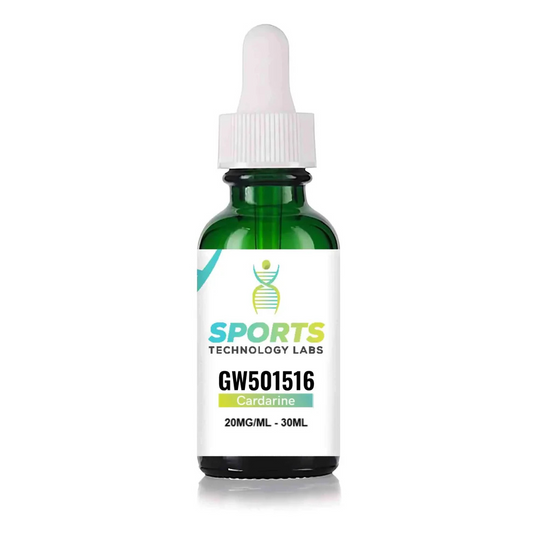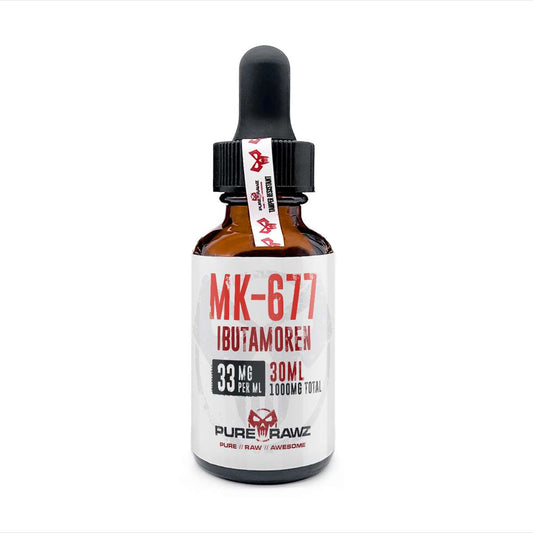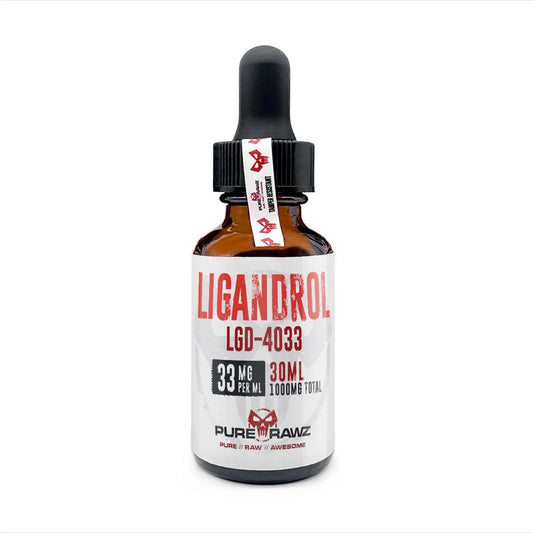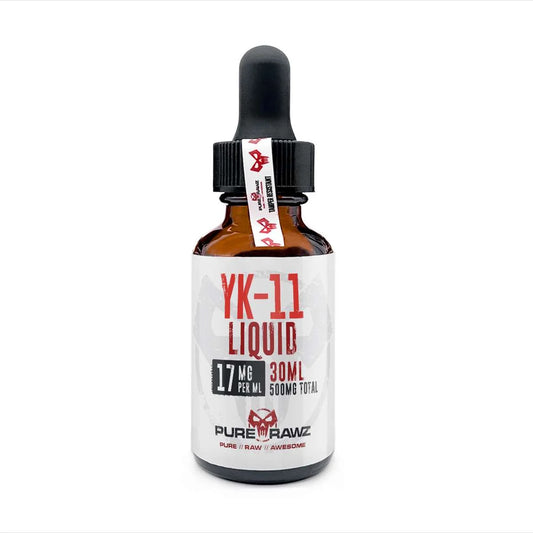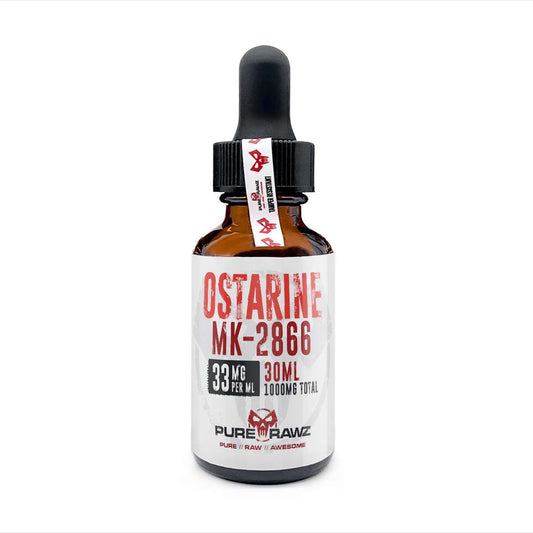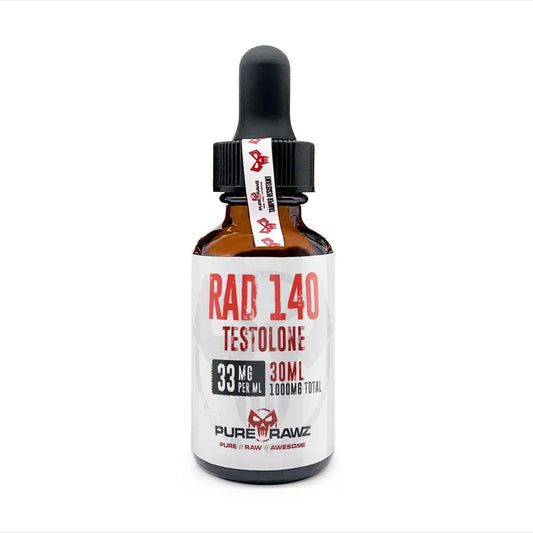Are SARMs Legal?
Understanding the Legality of SARMs: What You Need to Know
In recent years, Selective Androgen Receptor Modulators (SARMs) have gained popularity among fitness enthusiasts, athletes, and bodybuilders. These compounds are touted for their ability to enhance muscle growth and improve performance. However, they have stirred controversy due to their legal status and potential health risks. In this blog post, we'll delve into the legality of SARMs, specifically focusing on the UK, the US, and Europe, while addressing common questions and concerns.
What are SARMs?
SARMs are synthetic drugs designed to mimic the effects of testosterone. Unlike traditional anabolic steroids, which affect multiple tissues including the liver, heart, and prostate, SARMs are intended to target specific androgen receptors in muscle and bone tissue. This selective targeting is believed to reduce side effects compared to steroids, making them an appealing option for those looking to enhance physical performance.
Legal Status of SARMs
The legal status of SARMs varies significantly across different regions:
1. Are SARMs Legal in the US
In the United States, SARMs are classified as "research chemicals" by the Food and Drug Administration (FDA). They are not approved for human consumption or medical use, and their sale as dietary supplements is illegal. The FDA has issued warnings and taken enforcement actions against companies marketing SARMs for human use, emphasising that these substances can have serious health risks and are often not accurately labeled. Although SARMs are not listed as controlled substances under federal law, their use in competitive sports is banned by organisations such as the World Anti-Doping Agency (WADA). Athletes testing positive for SARMs can face penalties or disqualification.
2.Are SARMs Legal in the UK
In the UK, SARMs are regulated under the Misuse of Drugs Act 1971. They are classified as controlled substances, making their production, distribution, and possession illegal with the intent of human consumption. The Medicines and Healthcare products Regulatory Agency (MHRA) has issued warnings about SARMs, highlighting their potential for serious health risks and misuse in sports. In competitive sports, SARMs are prohibited, and athletes found using them can face bans and other sanctions.
3. Are SARMs Legal in Europe
Across Europe, the legal status of SARMs varies from country to country, but there are common regulatory themes:
- Germany: SARMs are regulated under the German Narcotic Act (BtMG) and are classified as controlled substances. Their production, sale, and possession are illegalwith the intent of human consumption.
- France: SARMs are not authorised for use as dietary supplements or medications. They are subject to restrictions similar to those in other European countries, where their sale and use are heavily regulated.
- Italy: SARMs are classified as "dangerous drugs" and are regulated under strict laws. Their sale and distribution are prohibited without a medical prescription.
In general, SARMs are not approved as medicinal products in Europe and are often classified as research chemicals or controlled substances. They are banned in competitive sports across the continent.
Health Risks and Concerns
Despite their marketing as safer alternatives to steroids, the long-term effects of SARMs on human health are not well understood. Clinical trials are limited, and anecdotal evidence suggests potential risks such as liver toxicity, hormone imbalances, and cardiovascular issues. SARMs are frequently sold as dietary supplements or research chemicals, and their purity and potency can vary, adding another layer of risk for consumers.
Enforcement Actions
Enforcement actions against SARMs are often inconsistent due to their ambiguous legal status. Regulatory bodies such as the FDA in the US and the MHRA in the UK have issued warnings and taken legal action against companies selling SARMs for human use. Athletes who test positive for SARMs in competitions may face penalties, reflecting their status as banned substances in sports.
Conclusion
SARMs continue to be popular in fitness and bodybuilding communities, but their legal and health implications are complex. Understanding the regulations in your region and the potential health risks associated with these substances is crucial. As regulatory agencies and research continue to evolve, the landscape surrounding SARMs may change. For now, individuals interested in enhancing their fitness should prioritise legal and safe alternatives and seek guidance from healthcare professionals.
In summary, while SARMs offer potential benefits for muscle growth and performance enhancement, their legality and health risks necessitate careful consideration. Stay informed, stay safe, and prioritise your long-term health above all else.



